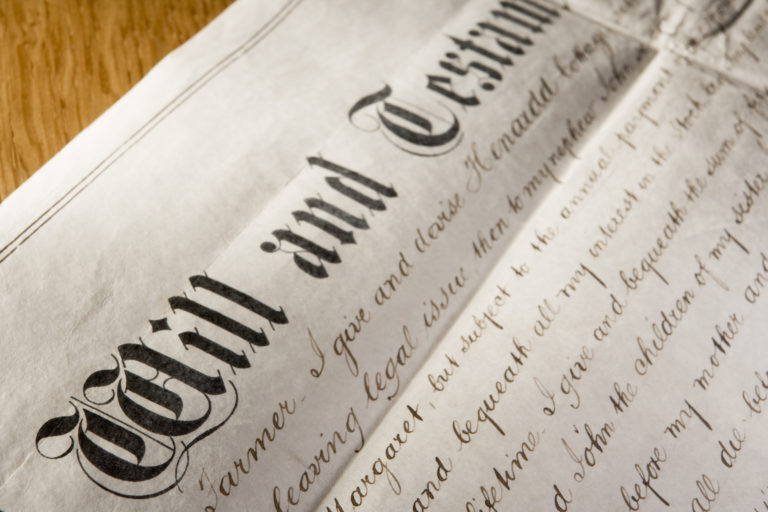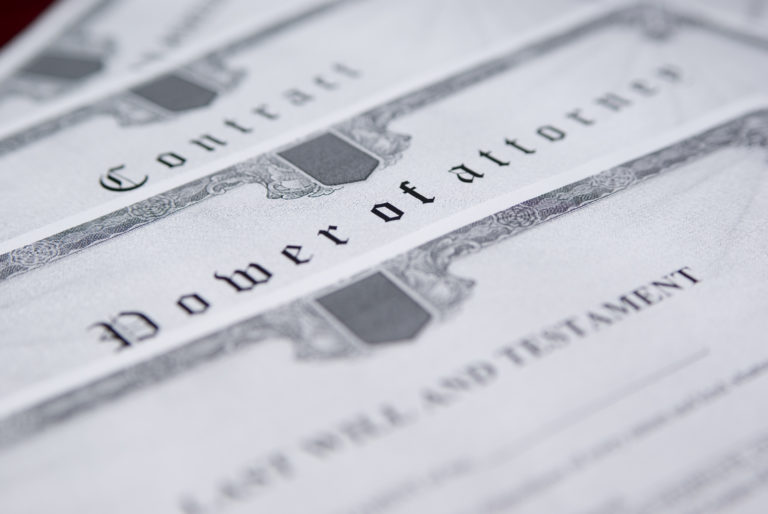
Complete Your Estate Plan During Quarantine
If you are quarantined or under a lockdown and can’t get to a notary, how can you get your will, trust and other documents executed? Don’t give up. There are ways to get it done without leaving home.

If you are quarantined or under a lockdown and can’t get to a notary, how can you get your will, trust and other documents executed? Don’t give up. There are ways to get it done without leaving home.

You’ve considered how you want your estate to be distributed after you die. Hopefully, you’ve even written a will to make sure your wishes will be followed. So, your estate is planned…right?
Do you ever worry about how your beneficiaries will manage their portion of their inheritance when you pass away? One solution that allows you to still exert some control over your money–even after passing–is with a revocable living trust (RLT).
The cost of a nursing home can quickly erode everything you worked for your whole life, and leave your family with nothing, industry insiders warn.
Having an estate plan is among the most important things you can do for your loved ones. It is, however, a task many of us dread and put off dealing with until later in life. If there is one thing we can recommend, it is that it is never too early to start planning. However, it can be too late. Do you have an estate plan that will provide for your loved ones, in the event of death or upon incapacity?
With COVID-19 impacting more and more Americans, individuals across the country are scrambling to set up wills and end-of-life directives.
With all the media buzz about guardians stealing money from those whom they are meant to protect and overall financial abuse issues involving seniors, it’s a good moment to revisit how surrogate decision-making works.
Losing a loved one isn’t just an emotional burden — it also carries an administrative load. There are flower arrangements to pick, eulogies to write and a stream of paperwork to sort through.
Failing to ensure that your asset titling and beneficiary designations are coordinated with your estate plan, can lead to unintended costs, taxes and outcomes.
An End-of-Life Checklist can avoid any confusion or questions that may arise among different family members.